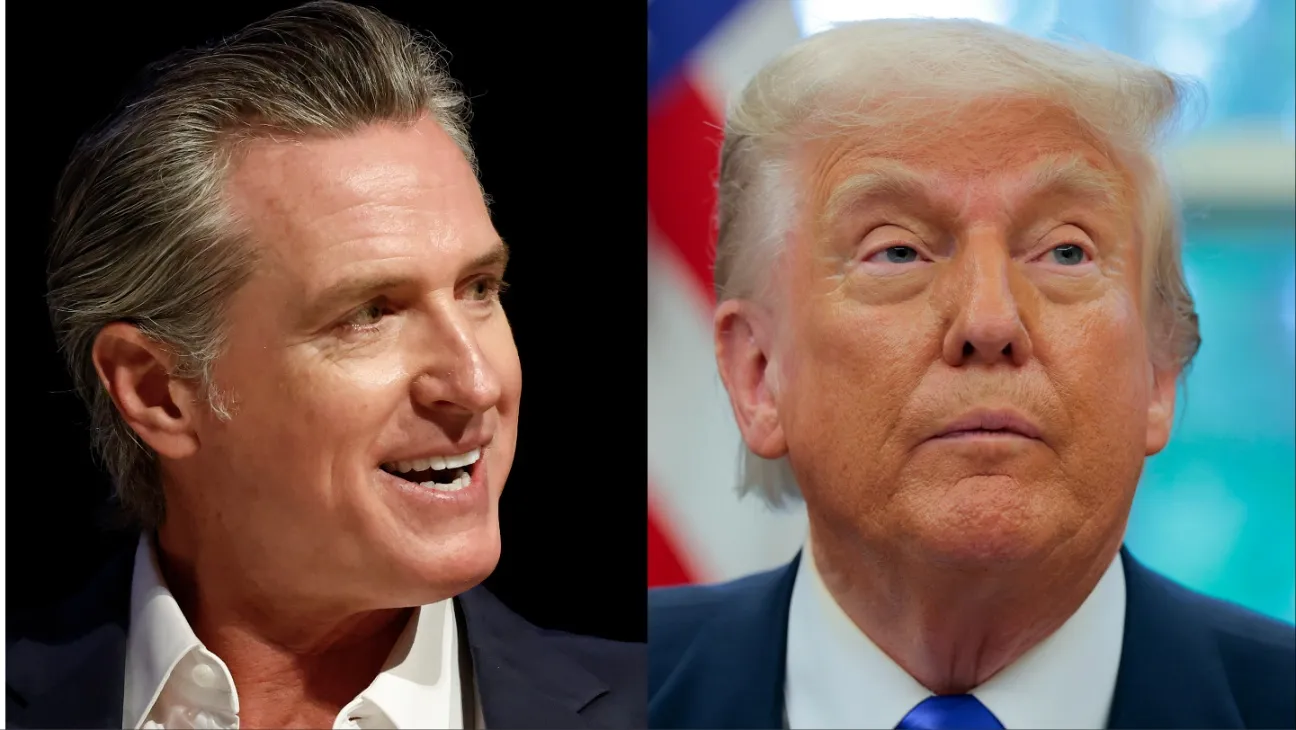In an unexpected twist, California Governor Gavin Newsom has expressed an openness to collaborate with former President Donald Trump on a topic that has both political and economic implications: the entertainment tax credit. This intriguing partnership might just be what the industry needs in times of rapid change and uncertainty. But what brought these two political figures to the same table, and what might this mean for the entertainment industry?
The Entertainment Tax Credit: A Quick Overview
The entertainment tax credit is designed to incentivize productions to film within certain jurisdictions by offering financial benefits. This program aims to stimulate the local economy by generating jobs and utilising local services and businesses. Various states have implemented their own versions of this strategy to try and attract big-budget films and TV series.
- Job Creation: By luring productions to specific areas, the credits help create numerous employment opportunities behind the scenes, impacting the broader community.
- Economic Growth: An increase in production activities means higher demand for local services like catering, accommodations, and transport.
- Local Culture: Films and television shows bring attention to the locales they are shot in, potentially boosting tourism and cultural interest.
Why is Newsom Interested?
California has long been the hub of the entertainment industry, but in recent years, other states have begun to siphon productions away from Hollywood with attractive tax incentives. Newsom is likely keen on preserving California’s iconic status as a leader in film and television production.
- Preserving Local Talent: California is home to a vast pool of talented professionals in various facets of the entertainment industry. Keeping productions local means more opportunities for this workforce.
- Infrastructure: California offers unparalleled infrastructure for production companies, from cutting-edge studios to experienced crews.
Trump’s Perspective
Donald Trump’s prior involvement in the entertainment industry, including his time on the reality television show “The Apprentice,” gives him a unique perspective on the challenges and opportunities within the sector.
- Economic Growth: Trump has frequently emphasized economic benefits, and he may see the entertainment tax credit as a way to spur growth.
- Job Creation: Attracting film productions can align with broader job creation goals, which has been a consistent theme in Trump’s economic policies.
A Potential Bipartisan Effort
In today’s divided political climate, the proposition of a bipartisan effort between Newsom and Trump is both unusual and promising. This collaboration could signify a shift towards placing the well-being of the economy and cultural heritage above political differences. If successful, their joint efforts could lead to a revitalization of an industry that has been turned upside-down by global events and changing technology.
Challenges and Opportunities
While collaboration sounds advantageous, it does not come without challenges.
- Political Differences: Newsom and Trump have historically been on opposite sides of the political spectrum, which could complicate negotiations.
- Regional Preferences: Newsom will prioritize measures beneficial to California, while Trump might focus on national benefits, creating potential conflicts.
- Industry Needs: Rapid innovations in streaming and digital content require adaptable strategies, leaving both leaders to think creatively.
The Road Ahead
If Newsom and Trump can find common ground, the result could set a precedent for a new era of entertainment production in the United States, fostering a productive dialogue that highlights economic growth, job creation, and cultural enrichment. This collaboration may also serve as a model for how leaders with differing political views can put aside their differences for the greater good.
As constituents and industry professionals watch these developments closely, the potential impact of this alliance will shape decisions in both the political arena and the entertainment industry. Whether this unprecedented partnership can overcome inherent challenges and become a beacon of bipartisan cooperation, only time will tell.
Conclusion
In an era where divisions often overshadow common goals, the willingness of Newsom and Trump to explore collaboration in entertainment tax credits is a hopeful sign. It underscores the potential for public leaders to work together across party lines on issues that transcend traditional political boundaries. For the entertainment industry, this could mean a resurgence in local productions, flourishing job markets, and revitalized economic landscapes.
In conclusion, while their collaboration may be surprising, it is a promising initiative that could lead to mutual gains and set the stage for future bipartisan undertakings in other sectors. As of now, the ball is in their court to turn this opportunity into a resounding success.

